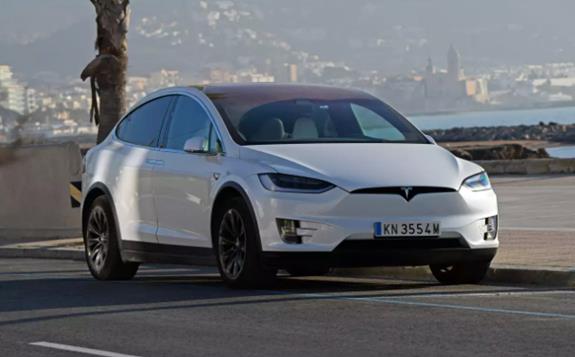Three decades of advances took lithium-ion batteries from powering handheld Sony camcorders to propelling Tesla’s popular electric vehicles. The rapid rise is facing a major test in the Covid-19 pandemic.

Demand for rechargeable batteries will decline for the first time this year, as sales of electric cars—the biggest user—slump with novel coronavirus pummeling the auto industry, according to BloombergNEF forecasts. Battery shipments to carmakers are forecast to fall 14 per cent in 2020, and the effects of the slowdown are seen lingering into next year.
Major producers, including South Korea’s LG Chem Ltd., a supplier to Tesla Inc. and General Motors Co., have cut annual sales forecasts. Analysts expect the industry’s planned vast expansion of manufacturing capacity to slow down. Startups burning through cash as they work on potential breakthrough technologies are bracing for a tougher sell to secure funds.
And yet, from Silicon Valley laboratories to China’s Contemporary Amperex Technology Co. Ltd., the world’s top producer, optimism over the lithium-ion battery’s longer-term outlook is undimmed. Batteries, say automakers and utility companies, are still on track to become more powerful, cheaper and ubiquitous, not just in passenger vehicles, but also in additional forms of transport, consumer electronics and large-scale energy storage.
Despite short-term pressures, Zeng Yuqun, chairman of CATL, said there is “great confidence in the long-run.” In less than a decade, his company has grown to lead its industry: CATL’s sales rose 90 per cent in 2019, according to BloombergNEF.
Lithium-ion battery demand has more than doubled since 2015 and remains on track for about a ninefold expansion from last year to the end of the decade. The sector is also forecast to keep lowering costs. Battery prices plunged 87 per cent in the past 10 years, pushing plug-in electric cars to near sticker-price parity with gas guzzlers.
The pandemic might even prove to be an opportunity, with at least some governments, including those of Germany and France, using virus recovery funds to help accelerate a transition from internal combustion engines to battery-powered alternatives. France will offer about 8 billion euros ($9 billion) to its auto sector to bolster support for electric vehicles; Germany’s stimulus package includes about 5.6 billion euros for the sector and will require gas stations to install charging units. “This is a historic plan to confront a historic situation,” French President Emmanuel Macron said on May 26.